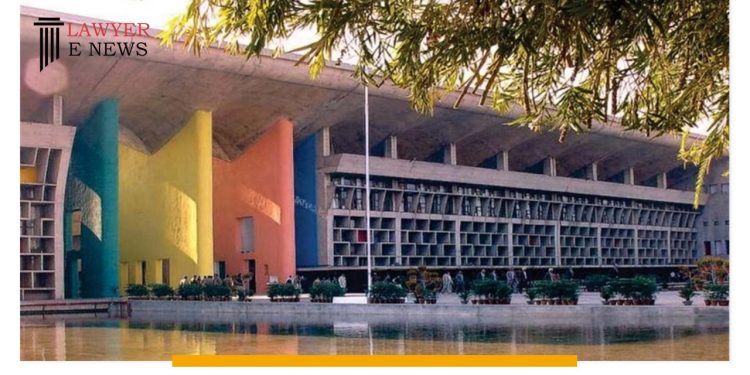Punjab and Haryana High Court Modifies Bail Condition, Dispenses with Local Surety Requirement

In a recent judgment, the Punjab and Haryana High Court, presided over by Justice Harkesh Manuja, modified a bail condition in a criminal case, ruling that the requirement of a local surety within the jurisdiction of the trial court was violative of Article 14 of the Constitution. The court allowed the petitioner’s plea to change the condition, enabling the petitioner to furnish a surety with immovable property located outside the jurisdiction.
The case pertained to Shiv Shankar, a resident of Uttar Pradesh, who had filed a petition under Section 482 of the Criminal Procedure Code (Cr.P.C.) seeking modification of the bail condition imposed by the Additional Session Judge in Chandigarh. The original bail condition required a local surety with immovable property within the jurisdiction of the trial court.
The petitioner argued that his relatives, who had migrated from Uttar Pradesh to Chandigarh, did not possess any immovable property in the area. However, he stated that they did have property in SAS Nagar, Mohali, which could be furnished as surety. The petitioner contended that the condition violated Article 14 of the Constitution, which guarantees equality to all citizens.
Justice Harkesh Manuja, in delivering the judgment, observed that the purpose of imposing bail conditions was to ensure the accused’s presence during trial, and not to create impractical hindrances in their release. Referring to the case of “Moti Ram and others Vs. State of Madhya Pradesh,” the court emphasized that requiring sureties to be local or from a specific district disrupted the unity of Indians and violated the principles of equality enshrined in Article 14.
The court further noted that the recent judgment titled “IN RE POLICY STRATEGY FOR GRANT OF BAIL” provided guidance on the modification of bail conditions. It stated that the condition of a local surety need not be insisted upon, and if an accused is unable to fulfill the condition within a month, the court should consider relaxing it on its own motion. This power to modify bail conditions lies not only with the High Court but also with other courts, including session and magistrate courts.
Based on these observations, Justice Harkesh Manuja allowed the petitioner’s plea and modified the bail condition. The court dispensed with the requirement of a local surety and ordered that the sureties provided by the applicant should furnish documentary proof of sufficient immovable property exceeding the surety amount. The court directed the endorsement of the surety’s name on the title deed, along with obtaining photographs of the surety, applicant/accused, and attesting witnesses.
Date: 17th April 2023
Shiv Shankar vs U.T. Chandigarh






